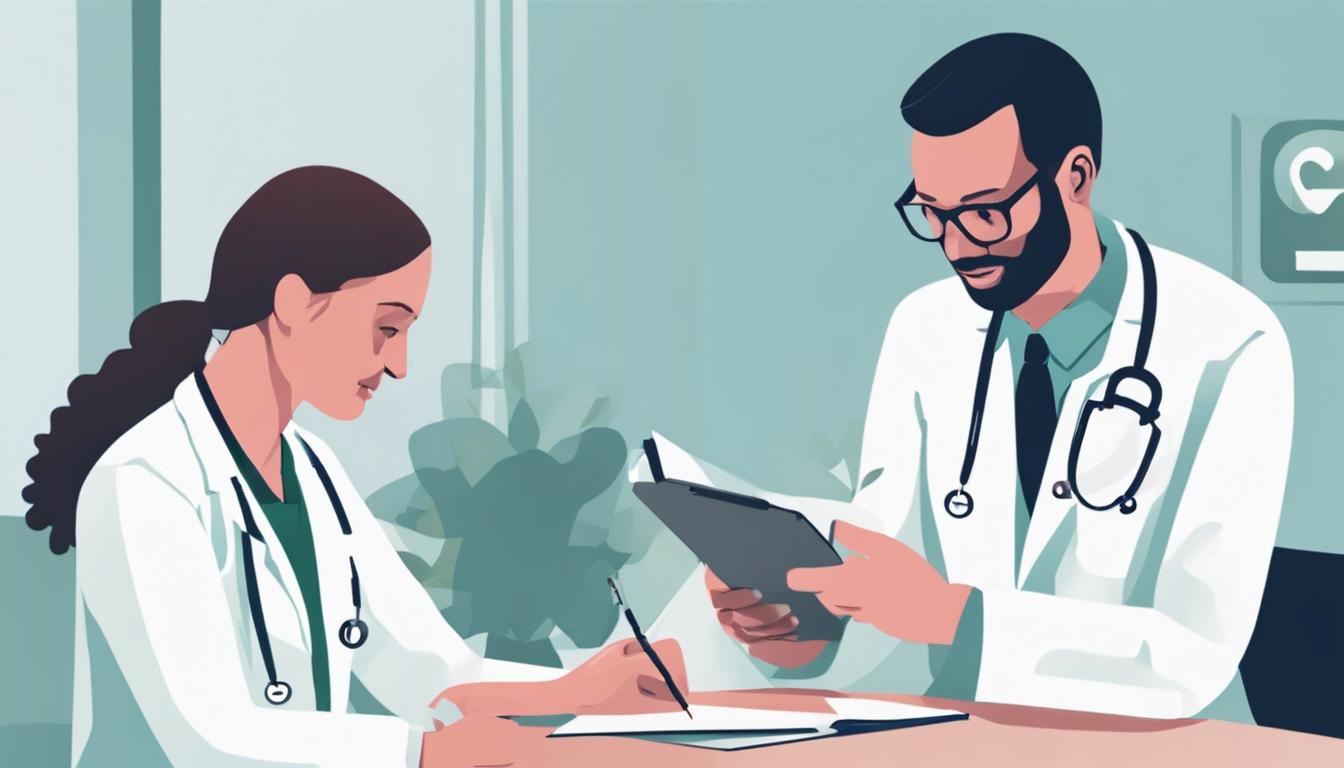In the wake of concerns over physician associates’ roles and a major rebellion against GP contract changes, NHS England and the BMA navigate pressing healthcare challenges.
NHS England has issued a reminder that physician associates (PAs) must not be seen as substitutes for General Practitioners (GPs) and emphasized the need for their roles to be supervised. This clarification comes amidst concerns voiced by the British Medical Association (BMA) and recent incidents questioning the extent of PAs’ diagnostic capabilities. The highlight of these incidents is the case of Emily Chesterton, whose unfortunate misdiagnosis by a PA led to her death, sparking debate over the responsibilities and regulation of PAs in the healthcare system.
Physician associates are healthcare professionals with postgraduate training, designed to work alongside doctors, conducting tasks such as diagnosing illnesses and developing management plans, albeit without the ability to prescribe medication. Their role necessitates strict oversight by a GP, particularly in light of the anticipated increase in the PA workforce in England from 3,300 to 10,000.
In parallel, the GP sector in England is grappling with its challenges, notably the overwhelming rejection of proposed contract changes for the 2024/25 term by GPs. This decision was made by nearly 99% of over 19,000 GPs and GP registrars surveyed by the BMA. The rejected contract, according to the BMA, threatens the financial stability of GP practices, raising concerns over potential closures. Dr. Katie Bramall-Stainer of the BMA articulated the profession’s frustration and disappointment, highlighting the sector’s resolve to oppose the changes.
The Department of Health and Social Care expressed disappointment at this rejection, noting the intention behind the contract changes was to reduce bureaucracy and allow GPs more time for patient care, along with hinting at potential pay adjustments. Despite these contractual disputes, the NHS reports an increase in the number of GPs over the past six months, indicating efforts to address healthcare demands.
The need for clear guidelines, supervision, and role clarity for PAs, alongside an effective contractual framework for GPs, underscores the broader challenge of balancing healthcare workforce development with assurance of patient safety and quality of care in England.













